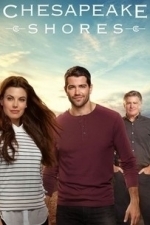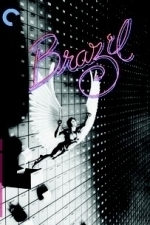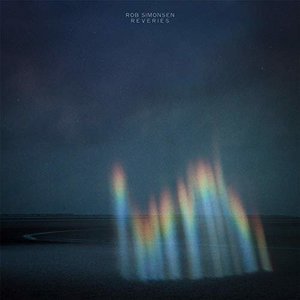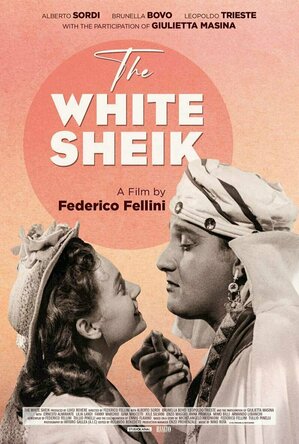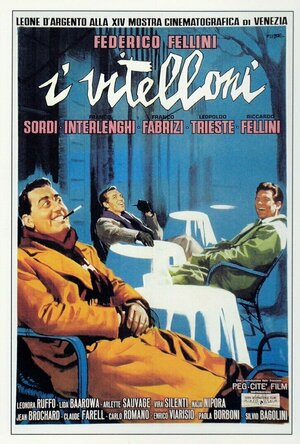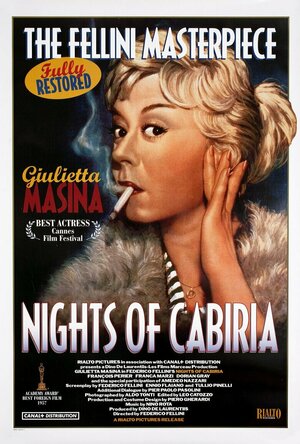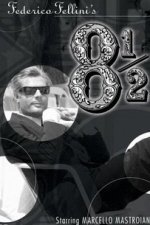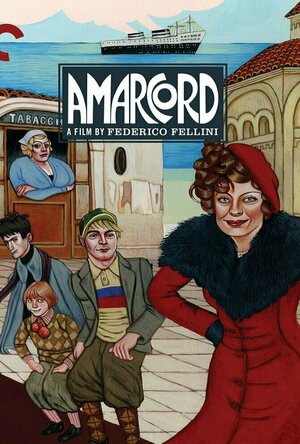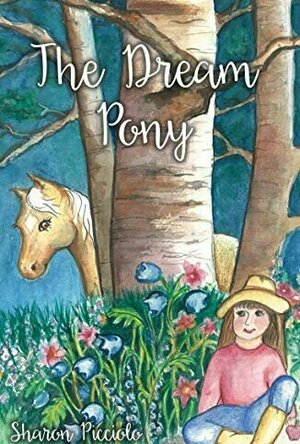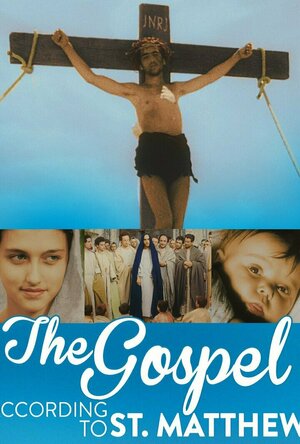Search
Search results
Chloe (778 KP) rated Chesapeake Shores (2016) in Movies
Jan 3, 2021
Great scenery (2 more)
Good music
Daydreaming
Cliche (2 more)
Obvious
Mediocre acting
Trash TV, full of cliches
I wanted something easy to watch and I definitely got that. It was pretty boring and storyline are very obvious. I enjoyed the family aspect and seeing how quickly a storyline could come together, there was very limited hints towards the timescales. For example one of the characters mets a girl and suddenly there engaged and married. Also the final episode seemed to suddenly tie off all the loss ends, I can't see there being another season.
Ben Wheatley recommended Brazil (1985) in Movies (curated)
CHILLFILTR (46 KP) rated Rêveries by Rob Simonsen in Music
Sep 2, 2019
Rob Simonsen began playing the piano at a young age by picking out melodies he heard in his parents’ record collection, and soon started composing for himself. “I daydreamed a lot when I was young,” he remembers. “I’d sit at the piano, and it was very much about escape: letting my mind wander, exploring.”
Simonsen’s deep habit of daydreaming is at last gratifyingly indulged on his long-awaited solo debut RÊVERIES, announced today for a September 6th release date on Sony Music Masterworks. On latest single Coeur, the acoustic piano takes the spotlight, but Simonson also develops an echoed 16-note pulse, as well as hints of a chamber-pop orchestra, away the distance. The result is a delicious tension between unctuous and stoic: opposing forces that, together, lead us gently towards catharsis. Coeur is the introspective and delicately-balanced debut single from Rob Simonsen, featuring a gorgeous combination of electronic minimalism and classical music composition.
Simonsen’s deep habit of daydreaming is at last gratifyingly indulged on his long-awaited solo debut RÊVERIES, announced today for a September 6th release date on Sony Music Masterworks. On latest single Coeur, the acoustic piano takes the spotlight, but Simonson also develops an echoed 16-note pulse, as well as hints of a chamber-pop orchestra, away the distance. The result is a delicious tension between unctuous and stoic: opposing forces that, together, lead us gently towards catharsis. Coeur is the introspective and delicately-balanced debut single from Rob Simonsen, featuring a gorgeous combination of electronic minimalism and classical music composition.
Greg Mottola recommended The White Sheik (1952) in Movies (curated)
Greg Mottola recommended I Vitelloni (1953) in Movies (curated)
Greg Mottola recommended Nights of Cabiria (1957) in Movies (curated)
Greg Mottola recommended 8 1/2 (1963) in Movies (curated)
Greg Mottola recommended Amarcord (1973) in Movies (curated)
Night Reader Reviews (683 KP) rated The Dream Pony in Books
Jan 9, 2020
The Dream Pony by Shanon Picciolo is a great bedtime story. It does not have too much action in it and has a nice, calming feel to it.
A young girl by the name of Emilie is outside daydreaming when she thinks she hears hoofbeats. She sits very quietly and soon a pony approaches her. Once she gains the ponys trust she climbs on its back and they go for a ride together.
The pony takes her to a beautiful stream, a faraway valley, and even way up on top of a mountain. Together they play with deer and run with timberwolves. Finally, when it gets dark the pony takes Emilie back home so she can go to bed and dream about a pony in the woods.
What I liked best is that the book takes readers through multiple different areas of the forest and mountains on horseback. Many children dream of having or at least riding a horse one day and Dream Pony takes them on that wonderful journey. What I did not like was that there is one page that is twice as long as the others. Some children with shorter attention spans may have issues with this page as it changes the pace of the story. Parents should be aware of this and ready to help if a child is trying to read it on their own.
Young children will enjoy having this book read to them. Also, children who are starting to read on their own may find this book enjoyable, though they may need help with some of the words. I give this book a rating of 4 out of 4. Other than the one page being longer than necessary there is nothing negative to say about this book. With the book even ending with the words Good Night this book gives children something great to imagine right before bed and encourages good dreams.
https://nightreaderreviews.blogspot.com
A young girl by the name of Emilie is outside daydreaming when she thinks she hears hoofbeats. She sits very quietly and soon a pony approaches her. Once she gains the ponys trust she climbs on its back and they go for a ride together.
The pony takes her to a beautiful stream, a faraway valley, and even way up on top of a mountain. Together they play with deer and run with timberwolves. Finally, when it gets dark the pony takes Emilie back home so she can go to bed and dream about a pony in the woods.
What I liked best is that the book takes readers through multiple different areas of the forest and mountains on horseback. Many children dream of having or at least riding a horse one day and Dream Pony takes them on that wonderful journey. What I did not like was that there is one page that is twice as long as the others. Some children with shorter attention spans may have issues with this page as it changes the pace of the story. Parents should be aware of this and ready to help if a child is trying to read it on their own.
Young children will enjoy having this book read to them. Also, children who are starting to read on their own may find this book enjoyable, though they may need help with some of the words. I give this book a rating of 4 out of 4. Other than the one page being longer than necessary there is nothing negative to say about this book. With the book even ending with the words Good Night this book gives children something great to imagine right before bed and encourages good dreams.
https://nightreaderreviews.blogspot.com
